“We focus our lessons on trying to understand the impetus for feelings of xenophobia and nationalism in the world.” – Jamie Steckart
What if you could go to a school where your education was centered around travel, cultural immersion, empathy and developing the skills to make a positive change in the world? The first graduating class of THINK Global School has just completed their post-secondary studies and while it’s a little too soon to predict what their graduates will achieve, Head of School Jamie Steckart believes that a curriculum rooted in project based learning has prepared them for the real world.
THINK Global School transitioned from the International Baccalaureate Diploma Program (IBDP) to their own internally designed “Changemaker Curriculum” developed to put students “back in charge of their own learning.” Steckart believes that when students are in control of their own learning, they are “more engaged and motivated to put forth their best effort.”
The Global Search for Education welcomes Jamie Steckart, Head of School for the THINK Global School to talk about his predictions for learning today and learning in the future.
“Tomorrow’s workers will very likely be collaborating with teams on projects across the world.” – Jamie Steckart
Jamie, how is your curriculum preparing students for the real world?
The Changemaker Curriculum is rooted in project-based learning, and we use its concepts to incorporate the “real world” into our daily curriculum through a variety of teacher-led modules and student-led projects. In each new country they visit, students select one teacher-led module to focus on as well as 2-3 academic projects of their own choosing. Each of these multidisciplinary modules focuses on a different social, environmental, cultural, or economic topic specific to the current location, allowing students to engage in subjects during their time in the country that they are passionate about.
To ensure that our students are receiving a well-rounded education covering all academic disciplines, they are required to meet a series of learning targets that we developed in conjunction with the Changemaker Curriculum. Samples of our learning targets include active literacy, leadership, and research methods. They are wide reaching and allow our students to explore a lot of different concepts. Say we have students who really enjoy biology. We would encourage them to choose projects and modules that explore scientific concepts, allowing them to gain real-world skills that they can utilize in and beyond college. As I mentioned, students do have to satisfy a range of learning targets, so skills like creativity and critical thinking are baked into the modules and personal projects that they choose from.
In terms of intercultural understanding, each of our modules are place-based, due to our traveling nature, and allows us to make the most of our host countries and their resources. In India, students might choose to focus on gaining insight into the sustainability issues linked to the country’s population density and distribution. In Japan, they might choose to study the consequences of overfishing and the rise of conscious consumerism, or instead choose to focus on how nuclear energy has affected Japan, and how it will affect the future of the world. Our curriculum team spent a year traveling across our host countries developing these modules, and we’re really proud of how their results impact on students.
Regarding empathy, I can speak from experience: being in countries like India and viewing the wealth inequality gap firsthand will develop a sense of empathy. We don’t steer away from these experiences, but instead gravitate towards them. This past year, our students participated in service projects in India that took them deep into Mumbai’s largest slum, Dharavi. They saw firsthand the squalor that many people are resigned to, spending hours a day cramped in filth, waiting for their turn at a potable water pump. We hope experiences like these help humanize the impoverished in our students’ eyes, and motivate them to create change. People often think of traveling programs as vacations that highlight the good in the places they visit, but we want to explore every facet of our host country—good and bad—and learn from them.
“As the world changes, we expect our students to be fluid and adaptive themselves.” – Jamie Steckart
Some nations are pushing more protectionist policies under a political trend towards isolationism and nativism. How do you think this will impact education globally?
I see no benefit in these policies, and, if anything, they show that the need for a school such as ours is more imperative than ever.
Countries like the United States, where the ruling party is actively going out of its way to limit immigration, are depriving American students of similar experiences, which benefits no one, save those opposed to diversity. And from a classroom perspective, we focus our lessons on trying to understand the impetus for feelings of xenophobia and nationalism in the world.
We have to hope that schools and initiatives that possess an open mind prove more popular than those that wish to close their doors to those who don’t fit a particular profile. I think we’ll win out.
How do you envision the future of work? What are the jobs in your mind that don’t exist yet?
It’s difficult to predict exactly how it will look. The future is looking increasingly digitized and favorable to freelance work, so students will need to possess the ability to be quick thinkers and problem solvers. People no longer stay in the same job at the same company for years on end, which isn’t necessarily a bad thing — but the gig economy doesn’t have time for complacency. To succeed, our youth are going to have to really be motivated and engaged in what they do, and that’s going to require a massive shift in the traditional classroom, which means teaching life skills early on and putting students as leaders of their own learning.
As the world becomes more connected through technology, it inherently becomes more global and interconnected. Tomorrow’s workers will very likely be collaborating with teams on projects across the world. To succeed, they’ll need to be able to speak multiple languages, blend into different societies, and take the lead on projects—all skills we are looking to build in our students as they travel the world. I think that’s a very useful blueprint for other schools to follow.
I think with such a large aging population on the horizon, a key area of growth will come from that sector. Developing empathic jobs in all facets of elder care, recreation, and companionship will be needed. The transportation sector will be hardest hit in the near future as these roles are lost to automation.
“The majority of students in public schools around the world aren’t being given the chance to pursue their passions during their formative years, which, understandably, causes them to lose their love of learning.” – Jamie Steckart
Should students feel threatened in the face of automation and robots?
Dell put out a report last year stating that 85% of the jobs that will exist in 2030 haven’t been created yet. In a recent article, The Economist stated that a full 47% of jobs could be done by machines “over the next decade or two.” Our overarching question is how do you prepare students to succeed in a shifting future?
This is where my concerns about standard curriculums really come into play. Students around the world are still being taught to learn in a very rote manner. They process information almost solely for the purpose of regurgitating it later during tests. It’s also a “one size fits all” philosophy that doesn’t take each student’s strengths and weaknesses into account. How are these students supposed to have any hope in a future where jobs are ever more dependent on your ability to be fluid and adapt?
Low-skill jobs are the brunt of those that will be replaced. By helping our students pursue their passions, they graduate high school with a head start, having spent the last 2-3 years mastering their most passionate learning targets. As the world changes, we expect our students to be fluid and adaptive themselves.
As to whether students should feel threatened in the face of automation, I don’t feel our students should necessarily, but I do think it is a concern for many, many youths out there. More than ever, the reality is that you need to be engaged in lifelong learning to succeed. The majority of students in public schools around the world aren’t being given the chance to pursue their passions during their formative years, which, understandably, causes them to lose their love of learning.
C M Rubin and Jamie Steckart
Join me and globally renowned thought leaders including Sir Michael Barber (UK), Dr. Michael Block (U.S.), Dr. Leon Botstein (U.S.), Professor Clay Christensen (U.S.), Dr. Linda Darling-Hammond (U.S.), Dr. MadhavChavan (India), Charles Fadel (U.S.), Professor Michael Fullan (Canada), Professor Howard Gardner (U.S.), Professor Andy Hargreaves (U.S.), Professor Yvonne Hellman (The Netherlands), Professor Kristin Helstad (Norway), Jean Hendrickson (U.S.), Professor Rose Hipkins (New Zealand), Professor Cornelia Hoogland (Canada), Honourable Jeff Johnson (Canada), Mme. Chantal Kaufmann (Belgium), Dr. EijaKauppinen (Finland), State Secretary TapioKosunen (Finland), Professor Dominique Lafontaine (Belgium), Professor Hugh Lauder (UK), Lord Ken Macdonald (UK), Professor Geoff Masters (Australia), Professor Barry McGaw (Australia), Shiv Nadar (India), Professor R. Natarajan (India), Dr. Pak Tee Ng (Singapore), Dr. Denise Pope (US), Sridhar Rajagopalan (India), Dr. Diane Ravitch (U.S.), Richard Wilson Riley (U.S.), Sir Ken Robinson (UK), Professor Pasi Sahlberg (Finland), Professor Manabu Sato (Japan), Andreas Schleicher (PISA, OECD), Dr. Anthony Seldon (UK), Dr. David Shaffer (U.S.), Dr. Kirsten Sivesind (Norway), Chancellor Stephen Spahn (U.S.), Yves Theze (LyceeFrancais U.S.), Professor Charles Ungerleider (Canada), Professor Tony Wagner (U.S.), Sir David Watson (UK), Professor Dylan Wiliam (UK), Dr. Mark Wormald (UK), Professor Theo Wubbels (The Netherlands), Professor Michael Young (UK), and Professor Minxuan Zhang (China) as they explore the big picture education questions that all nations face today.
The Global Search for Education Community Page
C. M. Rubin is the author of two widely read online series for which she received a 2011 Upton Sinclair award, “The Global Search for Education” and “How Will We Read?” She is also the author of three bestselling books, includingThe Real Alice in Wonderland, is the publisher of CMRubinWorld and is a Disruptor Foundation Fellow.
Follow C. M. Rubin on Twitter: www.twitter.com/@cmrubinworld

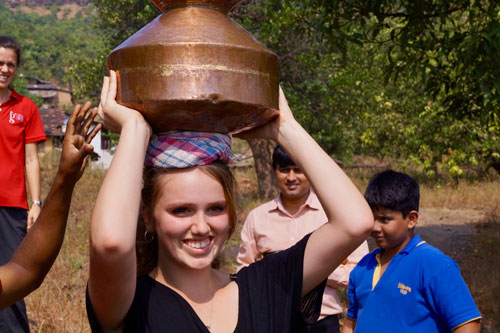
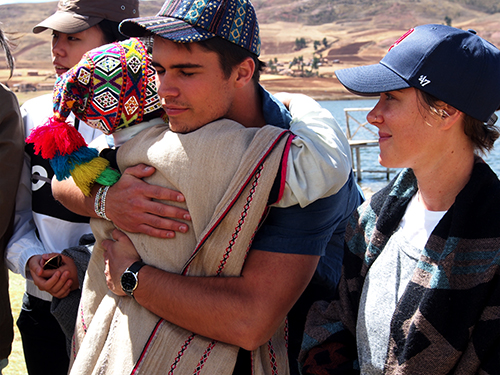
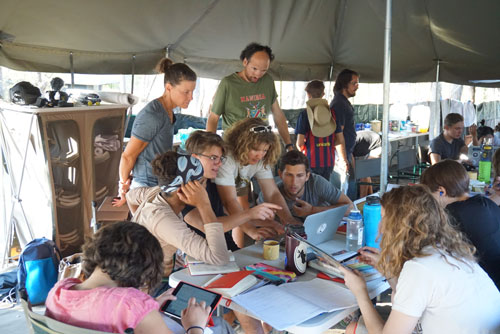
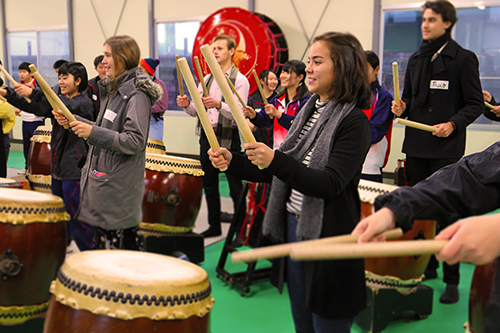
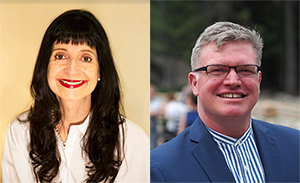
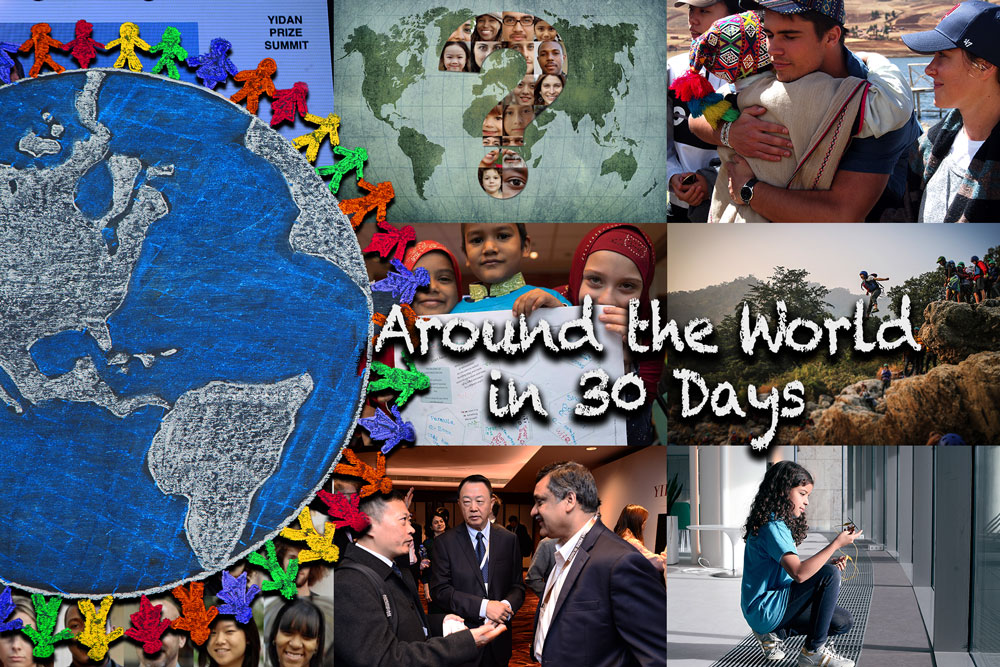

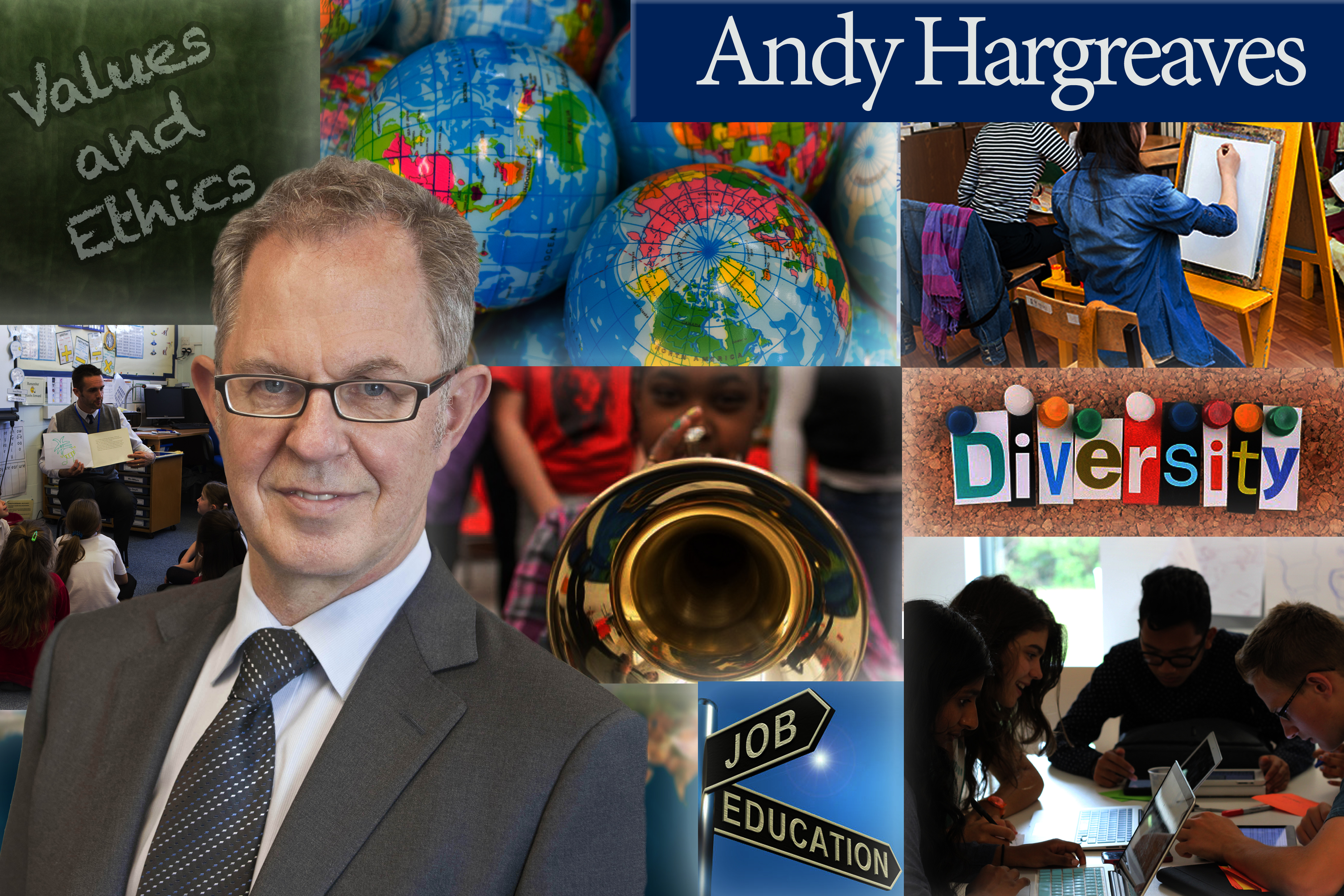
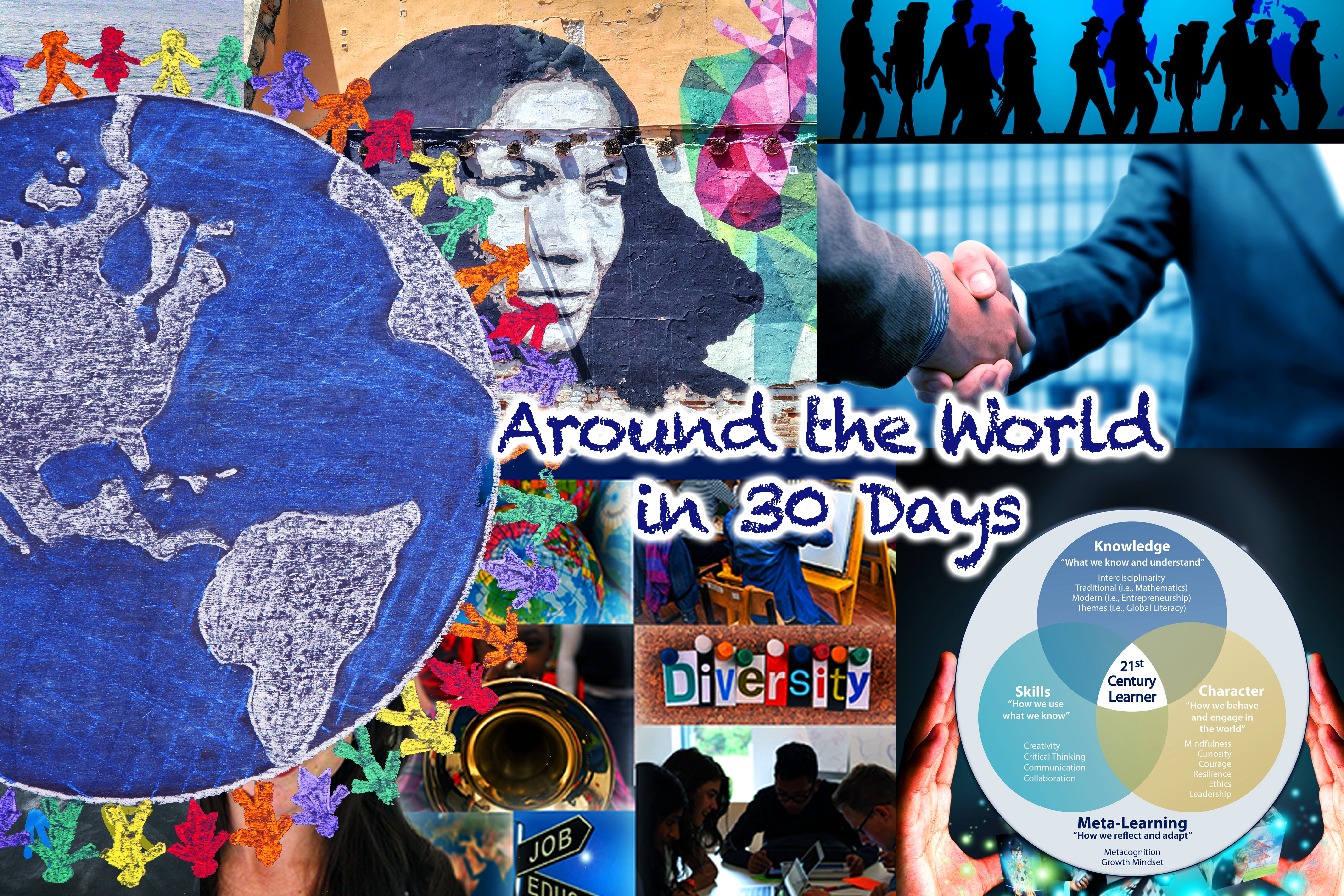
Recent Comments